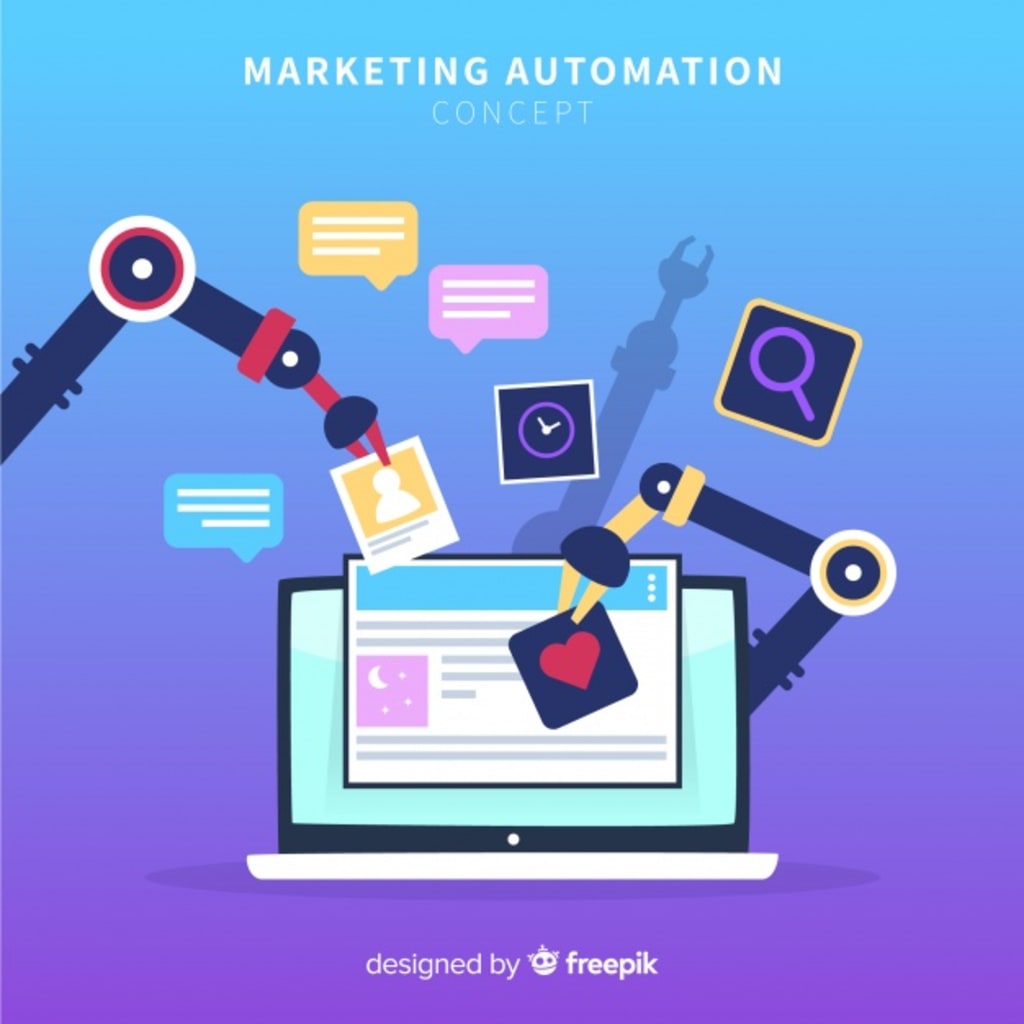An Introduction to Marketing Automation
Everything you need to know before you start automating your marketing efforts

The customer relationship management (CRM) industry is one of the fastest growing markets—its year-on-year growth is around 18 percent, and its total value has recently surpassed $40 billion. As a vital part of CRM, marketing automation is following this trend closely, with its value estimated to reach $25 billion by 2020.
Given these incredible numbers, it’s hard not to wonder—what has caused this incredible growth of marketing automation?
The answer most likely lies in the obvious—marketing automation is growing because the software industry on the whole is growing rapidly. In this sense, it’s hardly a surprise that marketing automation and CRM are developing quickly and conquering new markets.
The growth of marketing automation software explained
Cloud-based technologies and SaaS industries—a growth of cloud based technologies—follow naturally from the needs of companies to run more efficiently and save resources. Both CRMs and marketing automation software allow businesses to do just that: for a small investment, they can significantly reduce the workload, and even the size of the workforce involved in the company.
Over time, this creates a highly profitable investment, with CRMs boasting one of the highest ROIs in the world. A $1 investment in CRM systems can return up to $5 in revenue.
Marketing automation allows companies to improve their work environment and even increase productivity. Through various workflows, businesses can automate the boring, repetitive tasks such as data entry and invoicing, freeing their workers to focus more on what’s important—getting clients.
The benefits of marketing automation
The great thing about marketing automation is the fact that it can be implemented in virtually all companies. Regardless of the size of your business—if you rely on marketing to attract customers, marketing automation will help you.
However, what does marketing automation actually do to improve businesses?
As mentioned earlier, marketing automation benefits companies by improving the work environment of the employees. It handles the most boring and repetitive parts of work.
Automation can be used to run:
- Email campaigns
- SMS campaigns
- Data collection and analysis
- Social media campaigns
- Invoicing
- Ordering
By reducing the load of work on employees, automation can help achieve a greater customer lifetime value, improve the overall cycle of sales, shorten its length, and even increase the ROI on marketing.
It manages to do all this by allowing workers to focus more on what’s important—the customer.
The potential downsides of marketing automation
However, for all of its benefits, marketing automation can also bring a host of downsides.
As with any other technology, it has to be used carefully and strategically.
If you don’t have a general plan or strategy for the implementation of automation, you’re likely only wasting time. You need to set out clear and realistic goals for what you plan to achieve through automation.
Businesses that don’t plan out automation only complicate their existing processes, slow down the flow of information, and create confusion in the workforce. As always, this impacts the customers the most.
This means that automation can cause the exact opposite of its main purpose and actually decrease the customer satisfaction. Decreased satisfaction leads to decreased sales and that’s a path you don’t want to find yourself on.
Other common automation mistakes include prioritizing quantity over quality and forgetting to integrate the entire customer database in the automation software. Business owners often fall into the trap of playing set and forget, when they find an automated solution that works.
However, that’s almost always the wrong approach.
All automation can be optimized and it can take months to find the best solution. Just because it works at the moment, it doesn’t mean that it will continue to work.
You may think that automation doesn’t require a lot of time and effort—after all, it’s designed to make processes more efficient. However, it still requires some work.
If you’re not ready to invest your effort into making automation an integral part of business, you’re not going to succeed with it. It’s as simple as that.
Conclusion
There you have it! Everything that you need to know about marketing automation before you start looking into automation software and automating your marketing efforts.





Comments
There are no comments for this story
Be the first to respond and start the conversation.